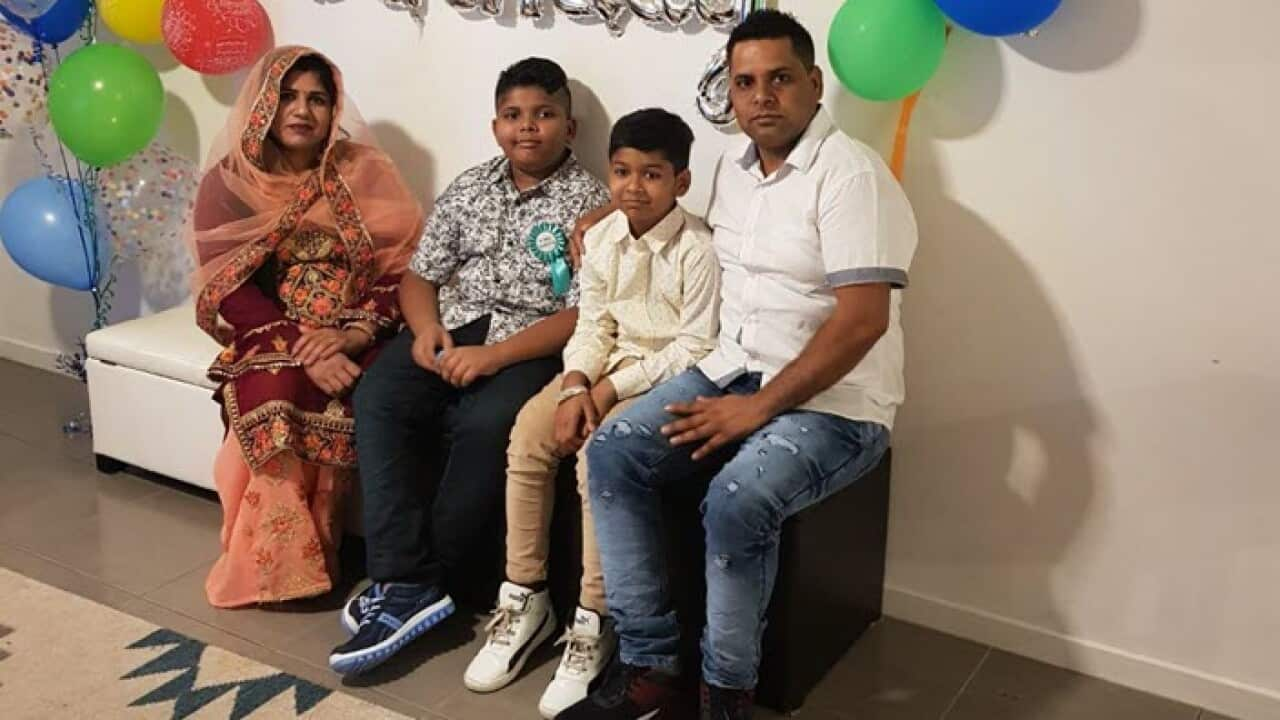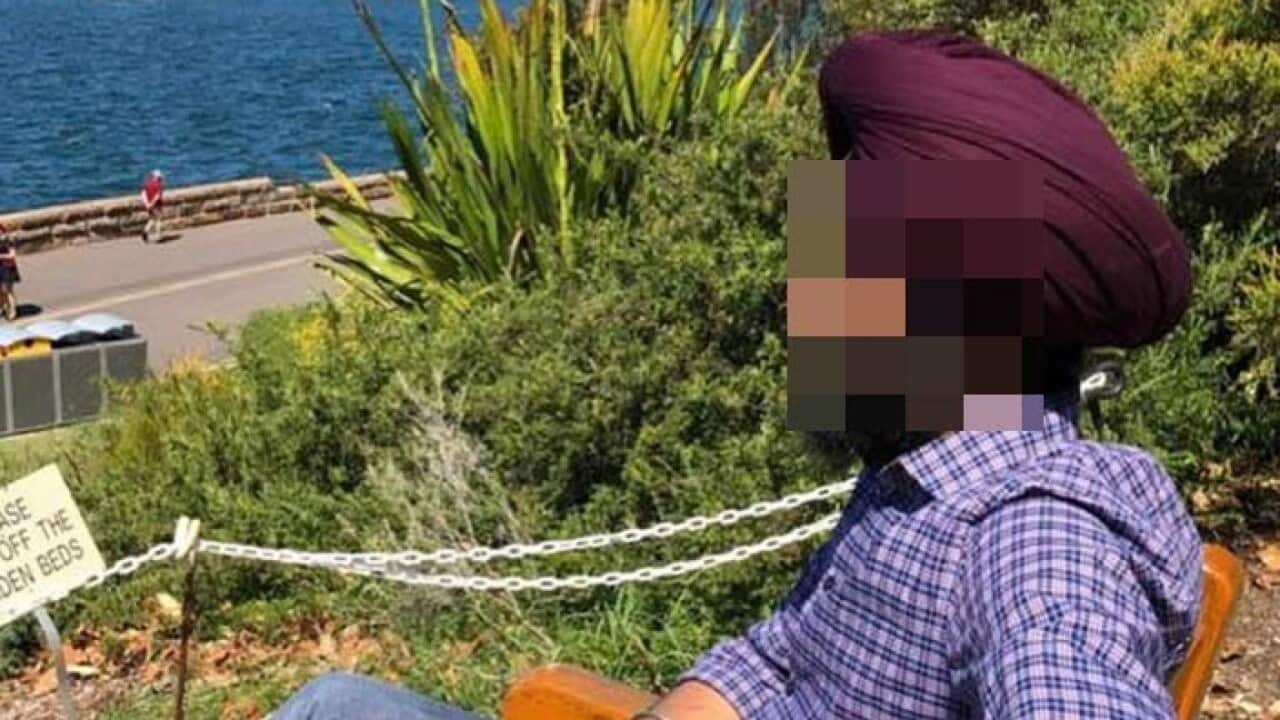The 35-year-old businessman who rents out a three-bedroom house has made this generous proposal to his tenants who he said are struggling to make ends meet in the current uncertain environment.
“They have no money to support their daily expenses because they are not being offered enough hours at their respective workplaces owing to the shutdown,” said Mr Lalka.
Highlights:
- Kishan Lalka is encouraging landlords to offer rent breaks to tenants
- 'No one should lose their shelter in the times of crisis
- Advocacy groups are pushing for a temporary freeze on house evictions
He added that no one should lose their home during this crisis.
“It is hard times for everyone, be it the owners or the renters. But international students are most vulnerable in the current circumstances. They hardly have any money. So imagine, what is more important-buying food or paying rent?
“So, we have decided to ease their burden. I told them they would not have to pay the rent until things settle,” Mr Lalka told SBS Punjabi. After setting an example of generosity, he has now decided to share his proactive approach with other landlords, whose tenants may be facing similar hardships.
After setting an example of generosity, he has now decided to share his proactive approach with other landlords, whose tenants may be facing similar hardships.

Kishan Lalka with his family. Source: Supplied
“Students provide so much revenue to the Australian economy. It’s time for all of us who are relatively comfortable in our current situations to go out and share their financial burden,” he added.
Suresh*, who doesn’t want to disclose his real name, has just returned from India and is currently under 14-day mandatory self-isolation.
The Melbourne-based business student who worked as a casual sous-chef at a Mexican restaurant is now facing a double whammy - he is not getting work owing to the restrictions on restaurant operations and has now been told by his landlord to vacate the property.
“Until today, I was just jobless, but now I am also without a home,” said Suresh who rented a tiny one-bedroom apartment through a private landlord.
Advocacy groups across the country are pushing for a temporary freeze on all evictions, together with an income or rental subsidy to assist people with meeting rent payments.
Community Coalition, a cluster of people and organisations who work with renters, has started a petition to protect the interests of renters plunged into economic hardships.
“An eviction into homelessness at this time puts great pressure on families and communities in an overcrowded home, crisis accommodation and people sleeping rough.
“Support services will already be struggling to deal with increased demand and as a community, we cannot afford to make it worse,” reads the . Jai Kishan has recently shifted in his newly-built three-bedroom townhouse in Melbourne's south-east.
Jai Kishan has recently shifted in his newly-built three-bedroom townhouse in Melbourne's south-east.

Thousands of Australians who have lost their jobs due to coronavirus restrictions are seeking access to income assistance. Source: Getty
While he and his wife live on the ground floor, they have rented out the first floor to a couple to supplement their income.
The 33-year-old said while some house owners are lucky to be in a situation where they can afford to give their tenants a rent break, he is certainly not one of them.
“My workplace is no longer operating. I am currently on a month-long unpaid leave and therefore struggling to pay the instalments for the house to the bank,” said Mr Kishan.
He added that while he has savings to tide through the tough times, he would not be able to sustain if the shutdown prolonged.
“My wife is on a visitor visa so she cannot help me with the expenses. Rental income is currently our only source of survival,” said Mr Kishan.
Coronavirus symptoms can range from mild illness to pneumonia, according to the Federal Government's website. Symptoms can include a fever, coughing, sore throat, fatigue and shortness of breath.
If you develop symptoms within 14 days of returning from overseas, you should seek medical attention.
If you don’t have symptoms but you have been in contact with a confirmed COVID-19 case, you should also seek medical attention.
If you believe you may need to get tested, call your doctor, don’t visit. Or contact the national Coronavirus Health Information Hotline on 1800 020 080.
If you are struggling to breathe or experiencing a medical emergency, call 000.




